The C3 Grantmaking Program is excited to be able to fund the following 14 projects through the Strengthening the Evidence Base work stream. Project descriptions can be found below. Click within the grey box to expand the information on each project. To read the full announcement, click here. To learn about other C3 workstreams, visit our main page.
Aceli Africa (Fiscal Sponsor – Global Development Incubator) + Dalberg Advisors
Geographic Focus: East Africa
Grant Amount: $220,000
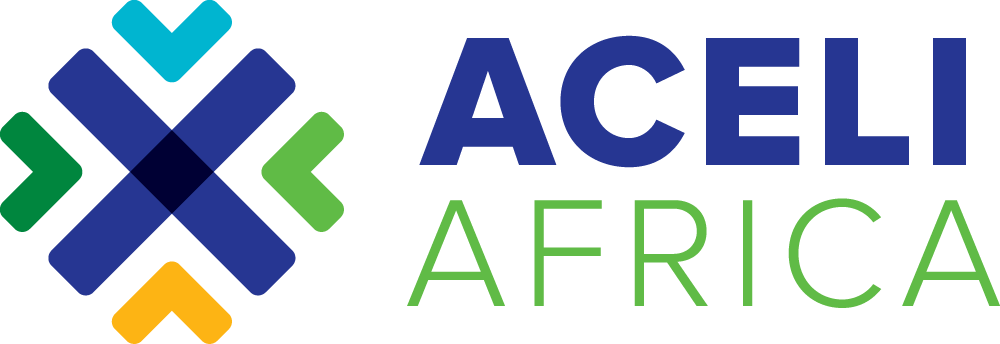
The Project: Aceli Africa deploys a new, innovative model that leverages catalytic capital to channel lending to the least served and most impactful businesses in the agricultural small and medium-sized enterprise (SME) market in East Africa. Under this project, Aceli proposes to gather data and generate industry learning on the impact generated through initiative-supported lending. This work is expected to reveal relevant learnings sectors outside of agriculture and in other regions globally. Along with its data partner, Dalberg Advisors, Aceli will gather data on 360 existing loans and engage more than 20 lenders to determine how catalytic capital can shift the economics of agricultural lending and influence lender strategies.
Value and Outcomes: Aceli’s research has the potential to impact the livelihoods of many in the African agricultural industry, which is largely composed of low-wage workers, women and youth. The 360 loans analyzed in this study alone will benefit 200,000 smallholder farmers and enterprise employees and an estimated 1 million household members. Although this is a significant result, there are an estimated 33 million smallholder farms in Africa, contributing up to 70 percent of the food supply. Learnings from this deployment can be applied more broadly for greater impact.
The study will engage lenders, donors, and other influential ecosystem participants to generate learning, which will be shared at stakeholder convenings and global impact investing events, and disseminated through both briefs as well as more comprehensive reports.
For more information on Aceli Africa, visit their website.
Ashesi University + Impact Investing Ghana
Geographic Focus: Ghana
Grant Amount: $149,690

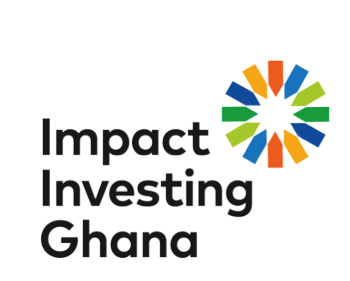
The Project: Ashesi University and Impact Investing Ghana are collaborating on research to outline why, where, and how catalytic capital has been deployed in Ghana to drive the growth of small and medium-sized enterprises (SMEs). The project will consider both positive and negative outcomes of the financing and what gaps still exist.
Value and Outcomes: An estimated 92 percent of Ghanaian businesses are micro, small or medium-sized enterprises. They employ 80 percent of the workforce and generate 70 percent of the country’s GDP. This project focuses on all 16 regions in Ghana and looks in particular at marginalized groups within the broader SME sector. It aims to address the capital needs of these SMEs, taking on a critical capital gap. In emerging markets globally, the MSME finance gap is estimated at approximately $5 trillion, and 41% of MSMEs have unmet financing needs. This research in Ghana is particularly timely, as there is growing activity and an increased demand from the government and from local pension funds for concrete findings on catalytic capital targeted at SMEs.
The study will review SME financing strategies employed since the Venture Capital Trust Fund Act of 2004—a major policy initiative to drive SME funding in Ghana. It will produce a research report along with policy briefs; design a digital catalytic funding and impact investing map; issue relevant case studies; and support dissemination workshops. The team hopes to drive collaborative action among stakeholders, such as pension funds, banks, government regulators and accelerators/incubators/hubs that are relevant to SME development.
For more information on Impact Investing Ghana, visit their website. To find out more about Ashesi University, visit their website.
Center for Financial Inclusion (Fiscal Sponsor: Accion International)
Geographic Focus: Global
Grant Amount: $107,891

The Project: The Center for Financial Inclusion (CFI), a think tank focusing on low-income clients, will study how catalytic capital spurred the development of a thriving digital credit industry—delving into the ways that catalytic capital has driven growth and, at the same time, the ways it may have fueled unintended consequences that exacerbate inequities for low-income populations. Inclusive finance is a burgeoning part of the $9.3 billion global fintech marketplace, and this research will help shape guardrails for investors and other financial inclusion stakeholders across country markets as they crowd in capital and fuel market development.
Value and Outcomes: This project addresses the paucity of publicly available research on responsible digital lending in developing countries. With a sharp focus on fragile/underserved markets, CFI will directly address the responsibility of catalytic capital providers to help build an ethical marketplace. Using the experience of several established digital credit markets, the study is expected to help nascent markets prioritize policy, infrastructure and other enabling conditions in order to attract investors, accelerate the flow of catalytic capital responsibly and incorporate safeguards that protect people from predatory practices.CFI will produce a comprehensive report, including examples of responsible market practices in digital lending, and share its findings through webinars, blogs and events.
For more information on the Center for Financial Inclusion, visit their website.
First Peoples Worldwide
Geographic Focus: United States
Grant Amount: $175,827
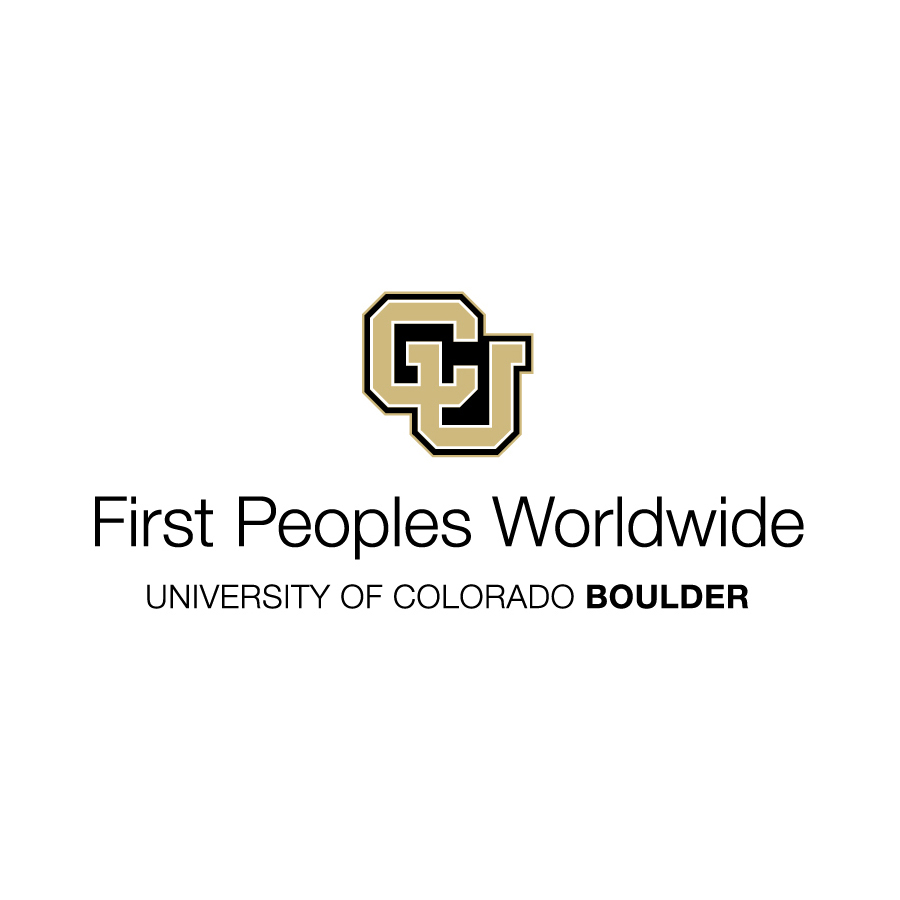
The Project: First Peoples Worldwide, a Native-led program within the University of Colorado, focused on Indigenous communities in the U.S., will research the impact of catalytic capital on Indigenous entrepreneurs and enterprises. First Peoples is working alongside consortium partners Croatan institute and Integrated Capital Investing. By articulating knowledge gaps and building capacity around catalytic capital in Indigenous-led projects, this research aims to encourage deployment of catalytic capital to address some of the starkest racial and socio-economic disparities in North America.
Value and Outcomes: Native Americans comprise 2 percent of the U.S. population, but Native nonprofits attract just 0.23 percent of philanthropic funds and estimates of investment in Native communities also fall short. This project will provide essential learnings and frameworks that can then create a pathway to provide Indigenous enterprises with access to capital that aligns with their priorities, benefitting their communities for generations to come.
The research will collect examples of catalytic capital in Indigenous communities throughout both the U.S. and Canada. Working with investors and capital seekers to identify differing perspectives and common challenges, the team will develop a framework for a shared understanding of the role and purpose of catalytic capital in Indigenous communities—all to be communicated through a research publication, webinars, and collaborative discussions with impact investing and Native networks.
For more information on First Peoples Worldwide, visit their website.
Impact Finance Research Consortium
Geographic Focus: Global
Grant Amount: $200,000

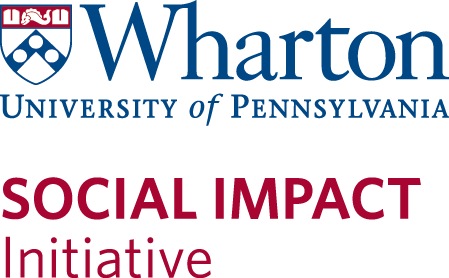

The Project: The U.S.-based Impact Finance Research Consortium (IFRC) is a collaboration among the Wharton School, Harvard Business School, and the University of Chicago Booth School of Business to advance academic research on catalytic capital in its Impact Finance Database, a leading source of in-depth data on the management, structure and performance of impact investing private equity and venture capital funds. C3 support will enable IFRC to grow the number of funds included in the database, prioritizing outreach to fund managers that deploy catalytic capital.
The Impact Finance Database tracks information on how funds perform, structure incentives, enforce accountability, evaluate investments and communicate results, among other information. Data collection includes gathering survey responses as well as legal documents, financial statements and impact reports. The research team will also conduct interviews to explore key findings in further detail. Through this project, the IFRC will analyze the amount of catalytic capital deployed to various types of investments; the relationship between the terms of the catalytic and non-catalytic investments; the features, practices and specializations that differentiate impact funds that deploy catalytic capital from those that do not; and the ways in which funds track the financial performance of catalytic capital investments.
Value and Outcomes: By growing the Impact Finance Database significantly, the IFRC will boost the geographic scope, sectoral diversity, and statistical significance of their findings. The resulting practitioner-oriented report aims to be one of the first detailed quantitative analyses of the prevalence, applications and consequences of catalytic capital investment, one that taps a large sample of fund managers, both domestic and international. The team will share these findings through opportunities such as webinars, podcasts and convenings. The IFRC will also eventually make the database available to qualified researchers in order to encourage more scholarship on impact investing. The IFRC will also eventually make the database available to qualified researchers in order to encourage more scholarship on impact investing.
For more information on the Impact Finance Research Consortium, visit their website.
Initiative for Blended Finance at the University of Zurich, the University of Cape Town GSB Bertha Centre for Social Innovation and Entrepreneurship and Roots of Impact
Geographic Focus: Global South
Grant Amount: $150,000
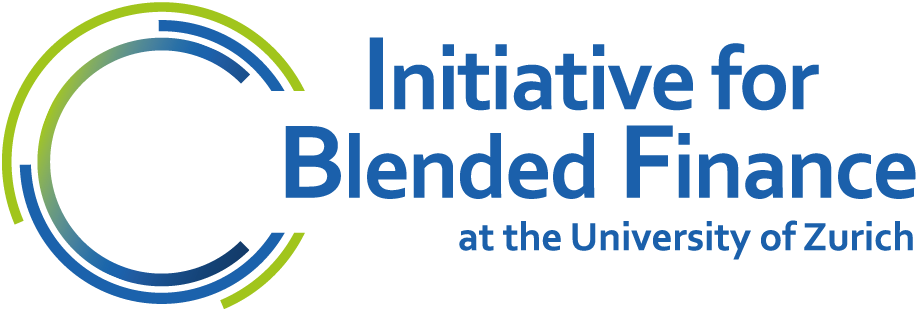
The Project: The Initiative for Blended Finance (IBF) is a part of the Center for Sustainable Finance and Private Wealth (CSP) at the University of Zurich and aims to act as a global knowledge hub for the practical and effective application of blended and innovative finance for sustainable development. In this project, the IBF is partnering with the Bertha Centre at the UCT Graduate School of Business, a center dedicated to advancing social innovation and entrepreneurship, as well as Roots of Impact, a specialized advisory firm dedicated to making finance work for positive impact on people and planet. The research consortium seeks to learn more from the perspective of entrepreneurs as the “consumers” of catalytic capital. This project will aim to better identify and understand the value that entrepreneurs in the Global South find in catalytic structures and how these structures might be improved to better meet their needs for creating positive impact at scale. The project combines a literature review, structured interviews with innovative finance experts, and deeper discussion with 25 impact entrepreneurs across sectors and regions to generate insights.
Value and Outcomes: Focusing on the entrepreneurs’ experience and needs with respect to catalytic capital is a distinctive contribution to evidence-based learning for the field, as catalytic capital research often tends to focus on the experiences, motivations and lessons learned at the investor side of the equation. This research will surface information that will be published in various position papers, journal articles and blogs, as well as presented at conferences for practitioners and investors.
For more information on the Initiative for Blended Finance, visit their website. To learn more about the Bertha Centre, visit their website. And for more information on Roots of Impact, visit their website.
Institute for Multi-Stakeholder Initiative Integrity (MSI Integrity)
Geographic Focus: U.S.
Grant Amount: $99,710
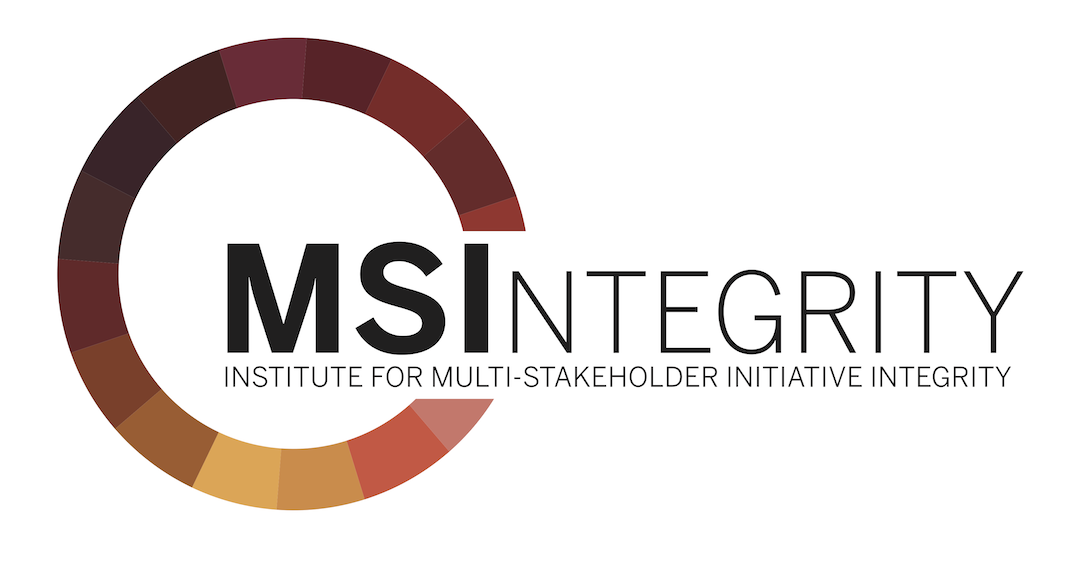
The Project: MSI Integrity, a research nonprofit working to redefine the corporate form to center workers in the governance and ownership of the economy, aims to collect and share information on past and present catalytic capital deployments in employee ownership in the United States. There are estimated to be as many as 7,000 employee-owned firms in the U.S., with some employing as many as 200,000 workers. Finance has the potential to play a central role in scaling this sector. Given that there are more than 20,000 start-ups, mergers, and acquisitions transactions in the U.S. annually, there is a large opportunity for finance to support conversions to employee ownership. The project will map the key catalytic capital providers along with an overview of different transaction types, sizes and structures.
Value and Outcomes: MSI Integrity will provide technical detail and updated analysis on employee ownership finance in order to inform potential investors on this growing opportunity. It is timely, offering the chance to study the recent experimentation in employee ownership, as investors increasingly consider ways to reimagine capitalism and support workers.
Through interviews with investors, worker/owners and leaders in the employee ownership community, the project will highlight the impact of catalytic capital in the sector, consider under-explored vehicles for finance, and outline potential pathways to scale. Information will be communicated through a research report, workshops, convenings and articles.
For more information on MSI Integrity, visit their website.
Investisseurs & Partenaires (I&P)
Geographic Focus: Sub-Saharan Africa
Grant Amount: $115,000
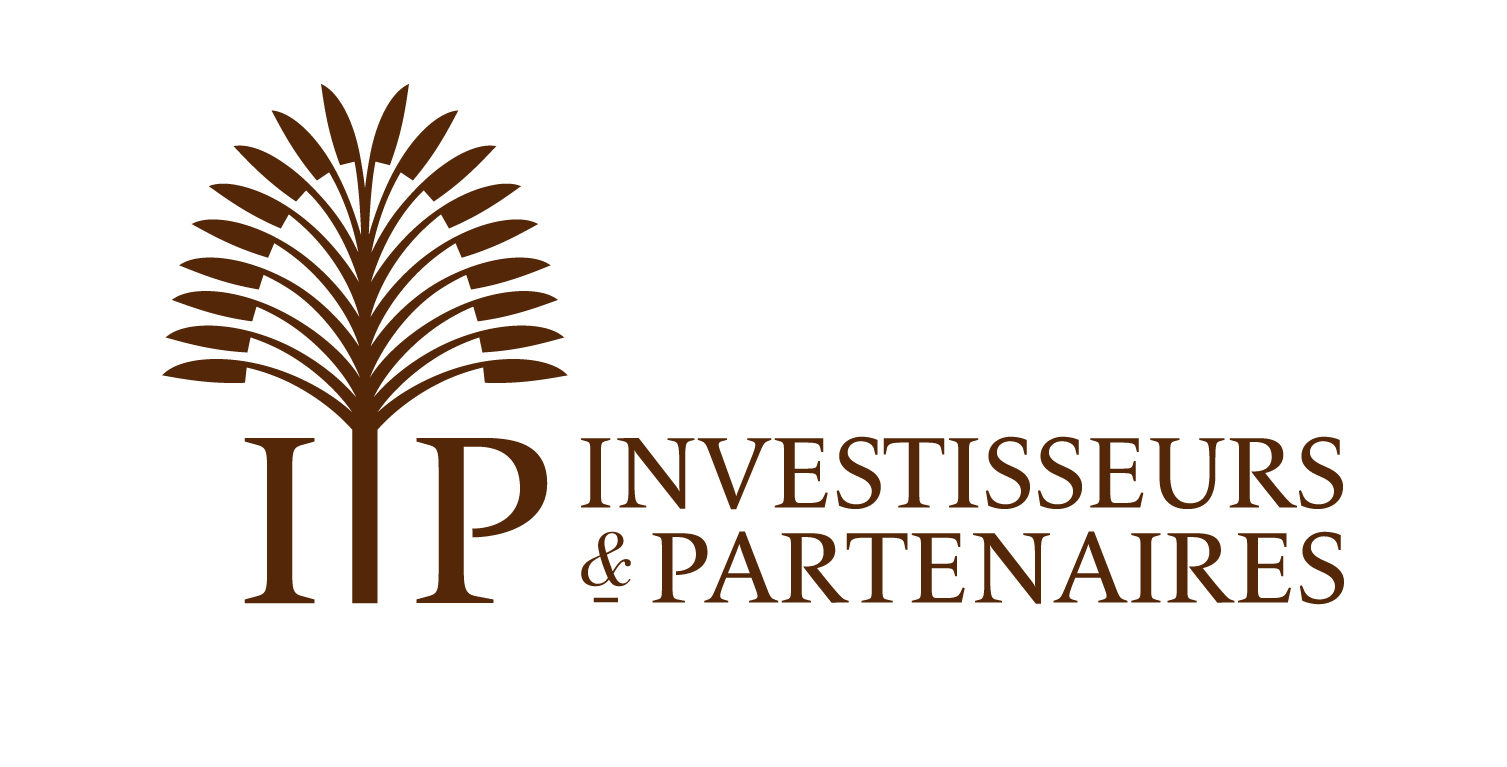
The Project: I&P, an impact investing group dedicated to supporting small and medium-sized enterprises (SMEs) in Sub-Saharan Africa, will analyze its large pool of transactions, funds and structures to help explain why and where catalytic capital has been needed, what forms it has typically taken, what firms have been involved, how it has been utilized and what economic, social and financial outcomes have been achieved. This research will analyze different forms of catalytic capital, such as equity at both the fund and SME level, as well as the landscape of investors from Africa, Europe and the U.S. that have been involved in these efforts.
Value and Outcomes: I&P has invested in nearly 150 companies in 16 countries. They have a strong track record of successfully using catalytic capital to de-risk their products and transactions, crowd in new funders, and maximize impact. The project will surface best practices and provide recommendations to maximize the efficiency of catalytic capital when supporting African entrepreneurs.
The team believes the work will generate deep insights into the need for catalytic capital and investment products and structures that are best aligned with the needs of the enterprises themselves. They will undertake advocacy work around the findings and share them with the impact and entrepreneur community.
For more information on I&P, visit their website.
New Growth Innovation Network (NGIN)
Geographic Focus: U.S.
Grant Amount: $149,863

The Project: NGIN, an organization focused on inclusive economic growth, seeks to synthesize evidence on the ways that catalytic capital has supported wealth creation for Black, Indigenous and People of Color (BIPOC), and will identify additional opportunities to use catalytic capital to help dismantle the racial wealth gap and advance inclusive economic recovery from COVID-19. The project will conduct a retrospective analysis to provide learnings that can be instructive for current and future investment, exploring both demand- and supply-side challenges as well as best practices utilized by leaders in this sector.
Value and Outcomes: The work is vital given the alarming and persistent size of the racial wealth gap in the U.S., with the average wealth of white families as much as 7-10x that of Black families and more than 5x that of Latinx families. It will address issues of racial justice and how catalytic capital can play a role in both addressing historical discrimination and disinvestment and in creating assets and wealth for BIPOC.
NGIN will publish an in-depth report on their findings that includes recommendations on utilizing catalytic capital to support BIPOC wealth creation. It will be supplemented with roundtable discussions, videos and events targeting the investment community.
For more information on NGIN, visit their website.
Open Capital Advisors
Geographic Focus: Sub-Saharan Africa
Grant Amount: $148,000
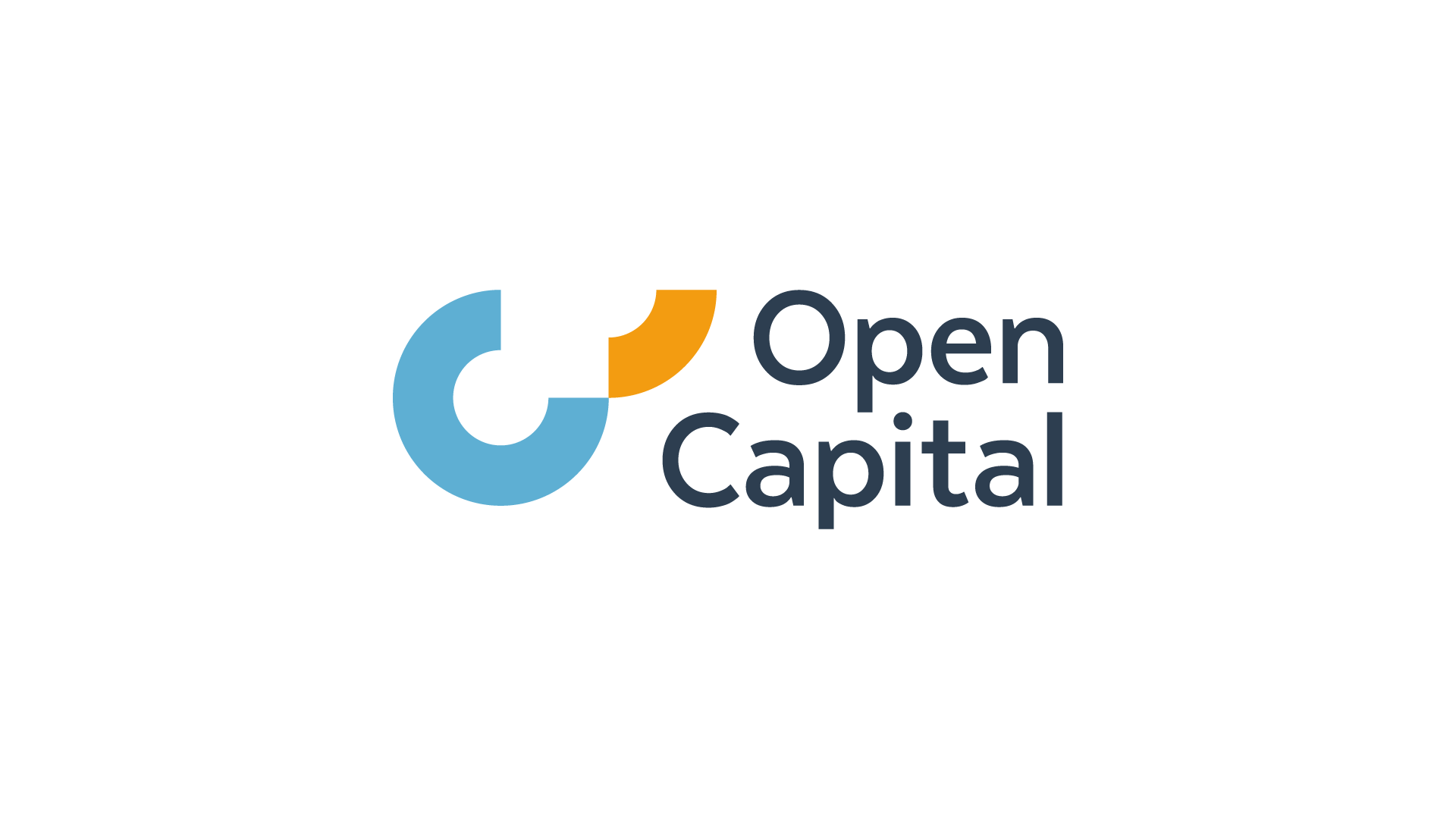
The Project: Open Capital Advisors is a leading strategy consulting firm focused on impact investments in frontier markets with deep experience across Sub-Saharan Africa. This research is focused on the need for catalytic debt among small and growing businesses (SGBs) in Africa, bringing the voice of SGBs into the conversation. OCA will leverage its strong relationships with more than 1,000 SGBs to conduct consultations with key small business owners, support programs, and investors—analyzing data to identify specific opportunities and key structural characteristics that could underpin the design of future catalytic capital debt funds.
Value and Outcomes: While existing research considers the SGB finance gap, OCA is further segmenting the need with a specific look at dynamic SGBs in sub-Saharan Africa, documenting how catalytic debt could enable their growth for value chain and asset financing. This effort will focus on capital challenges faced by businesses that are too small for commercial capital but have cash flow potential to repay. The goal is to bring the on-the-ground reality into catalytic capital conversations and identify potential ways to enable participation from local debt providers which could help bridge gaps and drive widespread economic and social impact.
OCA will issue a research report on its SGB findings and propose a model for future financing, describing the elements that will contribute to successful vehicle design.
For more information on OCA, visit their website.
Periféria Policy and Research Center
Geographic Focus: Eastern/Southeastern Europe
Grant Amount: $150,000
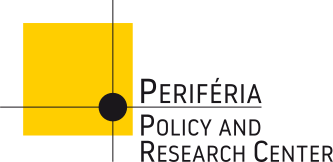
The Project: The Periféria Policy and Research Center, a Budapest-based think tank, is one of seven consortium members that are collectively pursuing a project focused on the role of catalytic capital in the housing sector in eight markets across Eastern and Southeastern Europe, including both EU and non-EU countries. It will consider how catalytic capital could help spur affordable housing development and expand access to housing for social groups currently excluded from the housing market, like low-income families, the elderly, the precariously employed, single parents, and the disabled, pulling lessons from other geographies and sectors. The consortium will analyze both the supply and demand sides of the challenge, with additional work to identify bottlenecks that are impeding progress in the regional housing market.
Value and Outcomes: Access to innovative forms of housing finance is largely unavailable in this region. The consortium’s focus on the capital gap (with researchers taking a deeper dive on the housing affordability and accessibility gap in Croatia, Hungary, Serbia, and Slovenia), along with a scan of relevant global forms of investment in affordable housing, is meant to help mobilize investors and policymakers to address critical housing finance challenges.
The consortium will conduct a survey which will provide essential data on the potential target groups for new housing models, and will conduct interviews and build collaboration with investors and financiers. They will report findings through a research report and a report for investor audiences, and will present their analysis through various forums, workshops and professional events.
For more information on the Periféria Policy and Research Center, visit their website.
Prime Coalition*
Geographic Focus: Global
Grant Amount: $200,000

The Project: The Prime Coalition partners with philanthropists to invest catalytic capital in extraordinary companies that combat climate change. In this project, the Prime team will focus on strengthening the evidence base around why catalytic capital is essential to ensure that high risk, socially meaningful areas of science and engineering innovation are scaled to solve large social challenges, starting with climate but highlighting additional sectors. This project seeks to build a framework to help private foundations, donor-advised funds, corporate giving programs, and individuals/households/trusts understand when they should utilize catalytic capital to help fill specific capital gaps in the absence of market-rate investment.
Value and Outcomes: Prime has mobilized over $100 million from more than 170 catalytic capital investors for 23 different early-stage ventures that will help mitigate carbon emissions. This proposal is designed to surface learnings from Prime’s past work in a way that will enable similar work in additional sectors, with the goal of spurring similar deployment and impact.
Prime is collaborating with the Massachusetts Institute of Technology (MIT) on this effort, which will produce articles summarizing the data and enumerating the need for intermediation. Prime and MIT will also develop a professional education course related to the findings, issue case studies analyzing successful and unsuccessful catalytic capital efforts, and create a framework for evaluating the viability for intermediation for specific science and engineering capital gaps.
For more information on Prime Coalition, visit their website.
*Note – The Prime Impact Fund is also one of a small portfolio of investments committed by the MacArthur Foundation to advance the goals of the Catalytic Capital Consortium by supporting powerful demonstrations of the use of catalytic capital across diverse sectors and geographies. Learn more about that investment and the Prime Impact Fund here.
The Urban Institute
Geographic Focus: U.S.
Grant Amount: $154,035
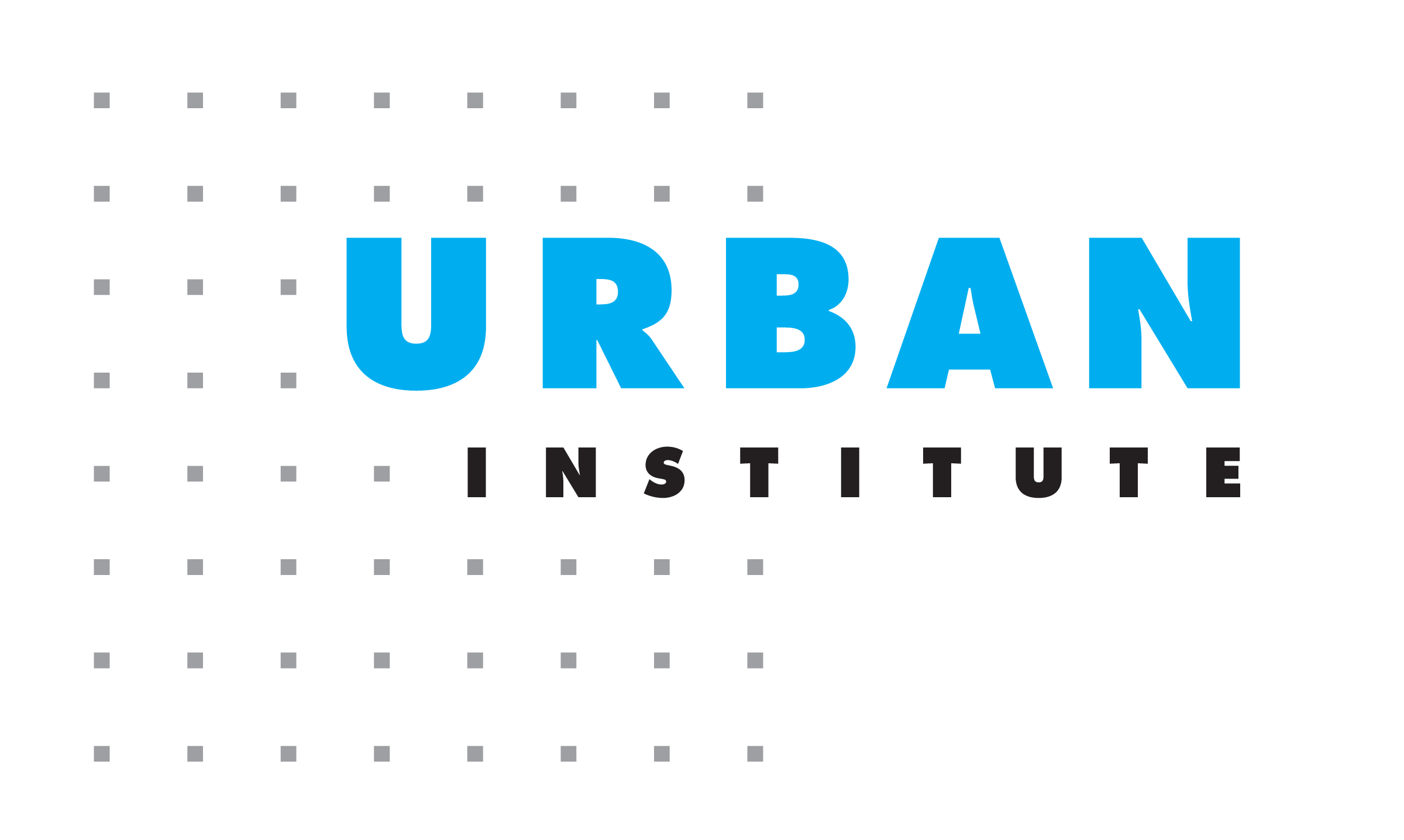
The Project: The Urban Institute’s Metropolitan Housing and Communities Policy Center is pursuing a place-based U.S. research project that will assemble transaction-level insights that highlight how and where mission-driven actors are deploying catalytic capital, and where capital gaps remain. Researchers will develop a comparative case study of two cities and focus on such asset classes as small business lending, single-family and multifamily mortgage finance, and commercial real estate finance. They will consider spatial patterns with regard to neighborhood characteristics and the public and private sectors in the local ecosystem.
Value and Outcomes: This deep-dive approach to analyzing place-based investing has the potential to generate compelling data that will show the impact of multiple forms of catalytic capital, as well as how conventional investment works in concert with catalytic capital to drive progress. By focusing on two cities (which are still being finalized), the Urban Institute hopes to tell a story about the role that catalytic capital can play in fueling economic recovery and social impact in communities that have experienced historical disinvestment.
The Urban Institute will convey findings through a comparative report that looks at catalytic capital investment by asset class in each city and analyzes how differences in the investment ecosystems of each place impact outcomes. It will conduct stakeholder focus groups to discuss findings, host a webinar to present the analysis, and produce blogs and articles that communicate high-level results for funders, capital providers and policymakers.
For more information on the Urban Institute, visit their website.
200 Million Artisans (Fiscal Sponsor – Zebras Unite)
Geographic Focus: India
Grant Amount: $148,005

The Project: The India-based 200 Million Artisans team will document the current role of catalytic capital in India’s artisan sector with a specific focus on how it applies to micro, small and medium-sized enterprises (MSMEs). The primary objective is to examine why catalytic capital is needed to spur growth, pulling learnings from similar markets to facilitate early deployment to support creative + social enterprises in the global artisan economy. Because the key stakeholders in this effort are the enterprises themselves, a significant part of the research will identify and document barriers, biases and skill gaps that inhibit the ability of craft-led MSMEs to access appropriate funding.
Value and Outcomes: As the second largest global employer after agriculture and estimated to represent $1 trillion in revenues by 2023, the artisan sector offers significant opportunities to alleviate poverty and advance gender equity. In India, it impacts more than 200 million livelihoods, with half of the country’s craft and artisan-based enterprises being led by women. These enterprises are a critical source of dignified employment in dispersed rural communities while often offering valuable models for green growth.
200 Million Artisans will report on the relevant data, including interviews and essays from across the MSME landscape. 200 Million Artisans will disseminate learnings digitally across markets and advocate for their conclusions through webinars, blogs and other types of public information sessions.
For more information on 200 Million Artisans, visit their website.
The photo above, taken by Mihály Köles, shows the Budapest skyline. Periféria Policy and Research Center, based in Budapest, will analyze the housing sector in Hungary and 7 other countries through the funded research.